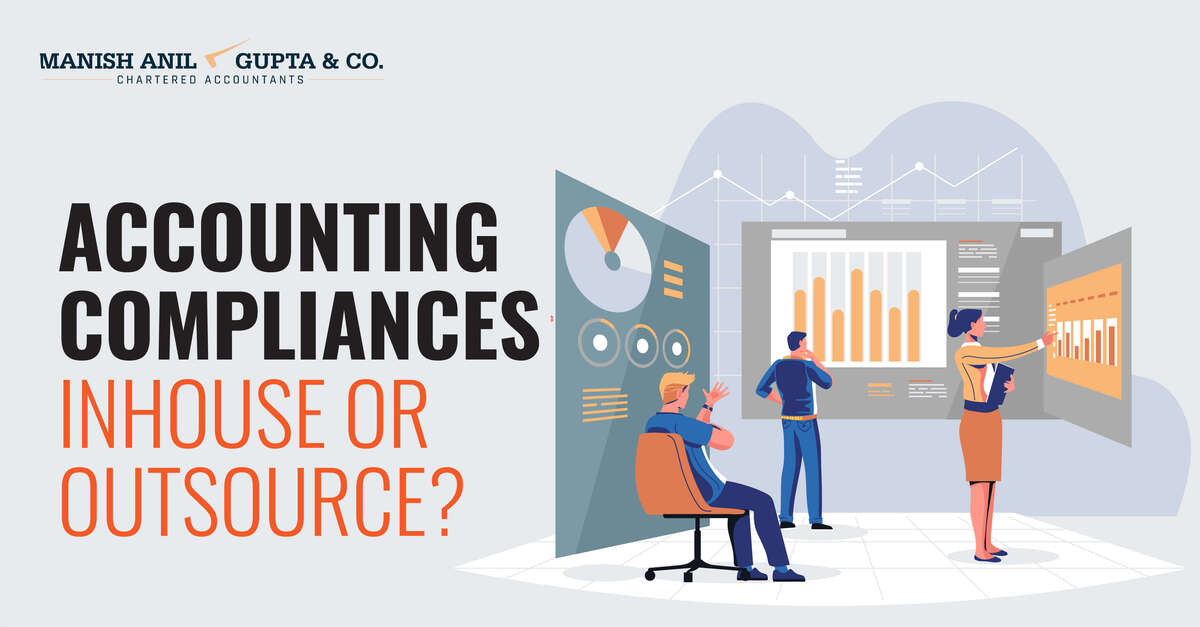Introduction
The success of the firm depends upon two significant factors. Hiring a quality team is one of the crucial pillars of the company, and at the same time, having an effective system to manage such a great team is another vital factor that plays an important role.
Employers are required to maintain the data of the number of employees, their salaries, tax deduction on their wages, amount of tax made to the government and number of leaves taken in a month. It is a cumbersome task that demands attention and constant effort.
Payroll gets crucial itself from the moment the company hires its first-ever employee. As we all know that payroll taxes considerably affects the net income of the business, it is required for two major perspective-legal compliance as well as
accounting compliance.
Steps involved in Running Payroll
Payroll management can be a time-consuming and complex process. In its most basic form, running payroll involves the following steps:
1: Calculate gross pay
For salaried employees, divide the total annual salary by the number of pay periods in the year. For the employees paid on an hourly basis, multiply the hourly rate by the total number of hours worked and comply with the applicable laws for paying any overtime or premium compensation.
2: Withhold deductions
Calculate and withhold any qualified pre-tax contributions from gross wages, followed by Income Tax, Medicare and Social Security taxes, Provident Fund contributions, and any other voluntary or mandatory deductions.
3: Pay employees
Distribute net pay to employees and provide each employee with a pay statement that adheres to the applicable laws, if required.
4: Remit taxes to the government
Calculate and deposit taxes withheld from employee wages to the appropriate authorities by the specified deadlines using the proper submission methods.
5: Archive payroll records
The necessary documents related to payroll must be retained in accordance with the requirement (if any) of the applicable laws.
Benefits
-
Fast turnaround
-
Assistance throughout the entire life-cycle of the employee, right from the day of recruitment to their exit.
-
Streamlining of payroll processes
-
Optimised resource deployment
-
Adherence to compliance and statutory requirements
-
Error-free documentation and reports
Why Choose MAG?
We, at Manish Anil Gupta & Co., delivers the
best payroll management services in India and are dedicated to offering our clients the right thing at the right price, which includes: -
If you are looking for the services of payroll in India, kindly reach us at info@manishanilgupta.com as we are the best payroll management consultant in Delhi. We shall assist you with our best consultancy and the most satisfactory payroll management services in Delhi.

Rahul Garg
Director-Taxation & Compliances
“Don’t Be Intimidated By What You Don’t Know. That Can Be Your Greatest Strength And Ensure That You Do Things Differently From Everyone Else.” .
View Profile
Discuss with expert










